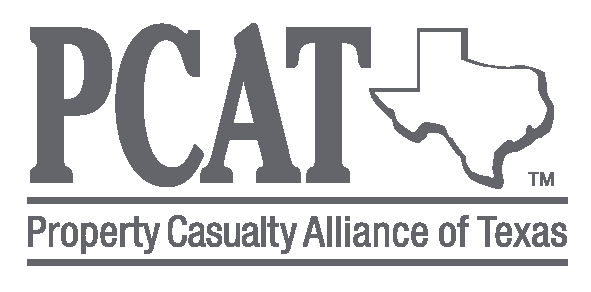Ask Leslie: What Should I Consider To Avoid Risk Before Terminating A Poor Performing Employee?
Even though your employee is most likely an at-will employee who can be terminated at any time, with or without notice, for any reason, so long as it is not an illegal reason, you would be wise to consider all the facts before terminating a poor performer, so that you have the best defense to a wrongful termination claim.
First, have you documented the performance issue? Have you put the employee on an action plan and provided the training and mentoring necessary to have them succeed? If you do this, and a wrongful termination claim is filed, you will look like a fair and reasonable employer who, rather than making a knee-jerk termination decision, tried your best to have the employee succeed. Also consider: will it cost you more to terminate the employee than to invest additional training costs and time so they can succeed?
Other considerations include:
Has this employee ever filed a worker's compensation claim? If so, how long ago was the claim closed?
Is this employee a member of a protected class? If so, has this employee ever reported discrimination or harassment based on their protected class? Has this employee ever assisted another employee in bringing forth a discrimination or harassment complaint, such as by participating in an investigation? Your termination could be viewed as retaliatory.
Has your treatment of this employee been the same as the way you have treated others? For example, if this poor performer up for termination consideration is a 55-year-old female, why are you keeping a similar poor performer who is a 25-year-old male?
Has this employee ever reported a safety issue in the workplace, been denied time off to vote, or refused to perform an illegal request from management?
These and other facts should be considered and discussed with your local counsel before terminating an employee.
About
Jack McCalmon, Leslie Zieren, and Emily Brodzinski are attorneys with more than 50 years combined experience assisting employers in lowering their risk, including answering questions, like the one above, through the McCalmon Group's Best Practices Help Line. The Best Practice Help Line is a service of The McCalmon Group, Inc. Your organization may have access to The Best Practice Help Line or a similar service from another provider at no cost to you or at a discount. For questions about The Best Practice Help Line or what similar services are available to you via this Platform, call 888.712.7667.
If you have a question that you would like Jack McCalmon, Leslie Zieren, or Emily Brodzinski to consider for this column, please submit it to ask@mccalmon.com. Please note that The McCalmon Group cannot guarantee that your question will be answered. Answers are based on generally accepted risk management best practices. They are not, and should not be considered, legal advice. If you need an answer immediately or desire legal advice, please call your local legal counsel.
